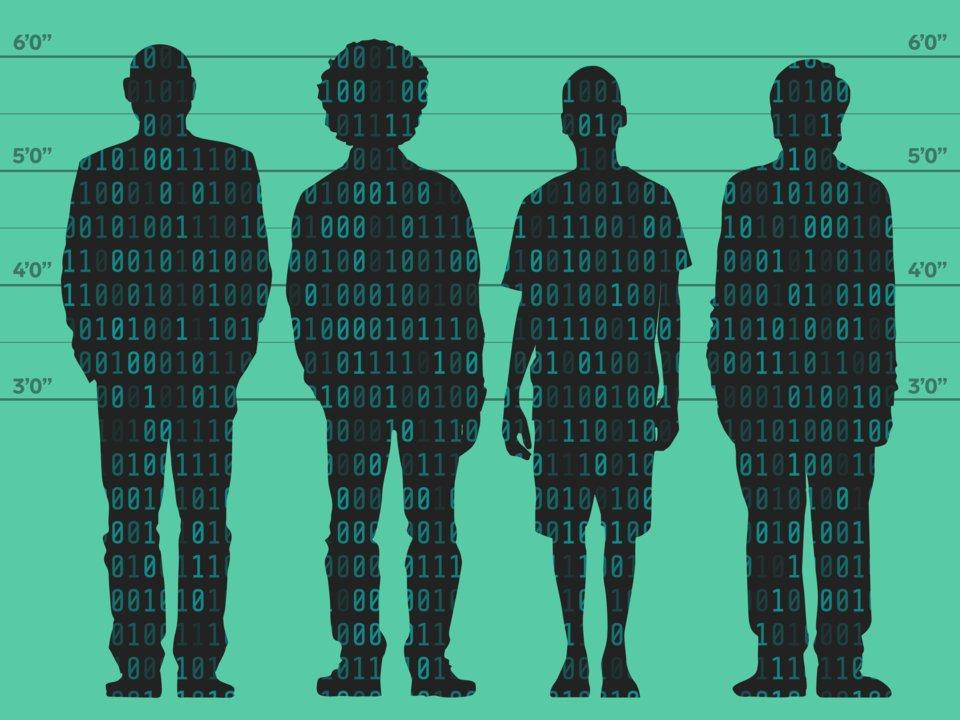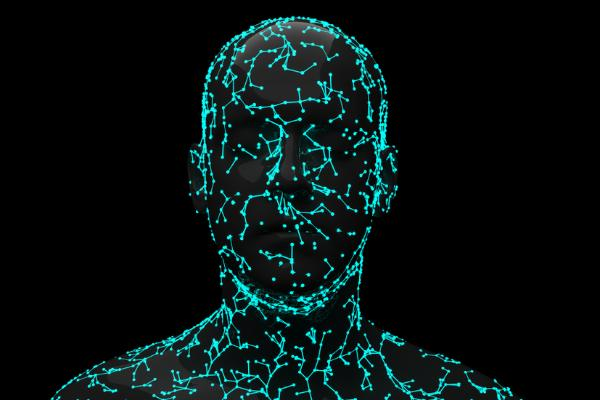Brother
Professional
- Messages
- 2,590
- Reaction score
- 533
- Points
- 113

Cisco Talos experts discovered 74 cybercriminal groups on Facebook, totaling 385,000 people. It was not difficult to find such groups on the social network, given their telling names: Spam Professional, Spammer & Hacker Professional, Buy Cvv On THIS SHOP PAYMENT BY BTC, Facebook hack (Phishing). Moreover, if a user joined one such group, the helpful algorithms of the social network began to advise him to other groups of similar topics.
The content of such groups is practically in no way inferior to hacker forums and marketplaces on the darknet: they sell and buy credentials, phishing tools, information about bank cards, fake documents, spammer services, offer assistance in moving large sums of money, sell ready-made fake accounts in various companies and institutions (including government), and so on.

At first, the Cisco Talos researchers tried to report their findings through a standardized rule-breaking reporting form, but only a few groups were blocked in this way. As a result, experts were forced to contact Facebook representatives directly, after which they managed to block most of the groups. Nevertheless, experts warn that not all "hacker sites" have been blocked, and that new ones immediately appear in the place of those that have sunk into oblivion.
It is worth noting that this is far from the first time that information security researchers have paid attention to cybercriminal activity on Facebook. So, in the spring of 2018, well-known journalist and researcher Brian Krebs exposed and succeeded in removing almost 120 of the same private groups, with about 300,000 subscribers.
Cisco Talos believes that Facebook needs to tackle this activity, not just relying on signals of abuse and abuse from users. According to experts, the company needs proactive protection, preventing such groups from emerging in principle.




